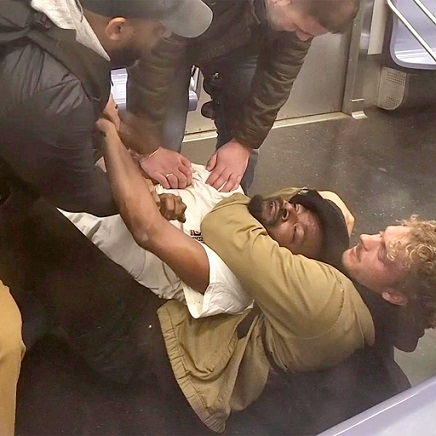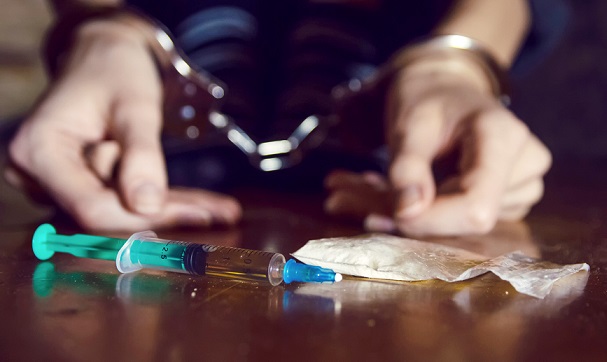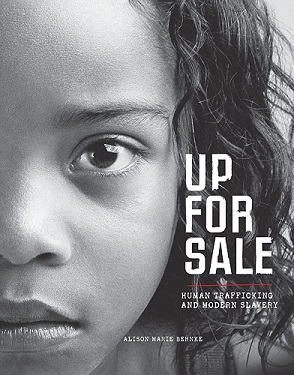Why One Of Cuyahoga County’s Pretrial Diversion Programs Is Ending!
FEATURED PHOTO: CUYAHOGA COUNTY PROSECUTOR MIKE O’MALLEY

SignalCleveland.org, By Alexandra Arriaga-THE MARSHAL PROJECT, Posted May 12th 2023
For a long time, Cuyahoga County’s felony courts have had four main programs that can help some people avoid a felony conviction. One is the Early Intervention Program, or EIP, which is designed for people with substance abuse or mental health issues.
This diversion program was created before the county created its first drug court dockets.
Here’s what we know about the court’s Early Intervention Program:
How many people charged with felony crimes have participated in recent years?
Not many. Just 16 participants in 2021 and 13 the year before, according to the court’s annual report. The court began phasing the program out as of December 2021, officials told The Marshall Project.
How did the Early Intervention Program work?
Like many diversion programs, a state law passed in the late 1970s gave prosecutors the power to create early intervention programs in felony courts. The idea was to acknowledge and address the fact that many people charged with felonies committed crimes because they had substance use issues, mental illnesses, intellectual disabilities — or committed crimes while being trafficked for sex.
Although new participants won’t be referred into the program, this is how the process worked. Getting into early intervention would start with a defense attorney asking for the prosecutor’s office to check and see if the defendant is eligible.

Defendants would be eligible if they have:
- A felony drug charge
- No prior felony convictions
- A charge that does not involve violence, sex, or driving while intoxicated.
- Substance use issues, mental illnesses, intellectual disabilities, or committed crimes while being trafficked for sex.
To complete the program, a participant would first plead guilty to the crime, but their case would open for a year, and they wouldn’t be sentenced. During that time, participants could return home under supervision. They would also receive an assessment for drug treatment. The court would provide referrals for services such as individual or group counseling, employment support, housing, and food.
If the defendants stayed drug free for 90 days and completed at least six months of supervision, their cases would be closed, and their criminal record sealed from public view.
What were the potential drawbacks of participating in the Early Intervention Program?
It gave prosecutors a lot of power, said Brian Hoffman, a defense attorney in Cuyahoga County. If a person relapsed or fell short of their program requirements, the prosecutor got to decide whether to give them a second chance or kick them out of the program and send them to a judge for sentencing.

What’s behind the decision to shutter the program?
The decision to end the program reflects the fact that in recent years, prosecutors and judges have gained more tools to support people who commit crimes while dealing with substance use or mental health issues. One such tool is drug courts, which Cuyahoga County launched in 2008 to handle cases involving challenges like repeat criminal histories or opiate dependencies. Court spokesperson Darren Toms said the courts decided to eliminate EIP because drug courts, which come with federal funding, offer closer supervision for defendants dealing with substance abuse issues.
With the additional resources the court receives from federal grants, drug court defendants receive more stringent supervision. They may be required to have regular check-ins with their probation officer and submit urine samples several times a week. And the court more regularly assesses defendants’ housing or domestic abuse issues, as well as their participation in mental health treatment.
As of December 2021, anyone who may have qualified for EIP will now be considered for a similar program, Intervention in Lieu of Conviction, or potentially referred to drug court.
Have you participated in EIP? We want to hear from you! Share your experiences and insights by below or by emailing us at [email protected], or leaving us a voice message at (216) 446-5001.
The Marshall Project is a nonpartisan, nonprofit news organization that seeks to create and sustain a sense of national urgency about the U.S. criminal justice system. Through a partnership with Signal Cleveland, The Marshall Project is weaving more resident voices into its reporting and building an understanding about how the justice system works — and doesn’t work — in Cleveland.








